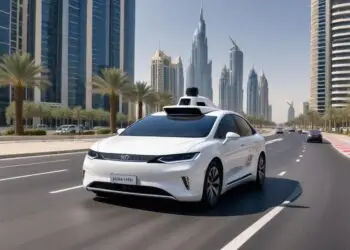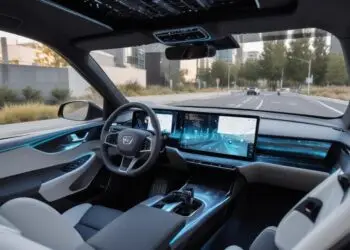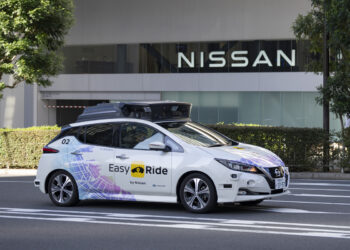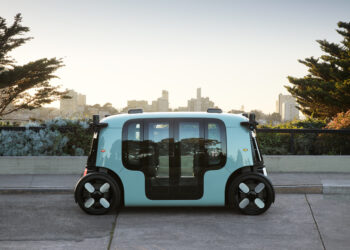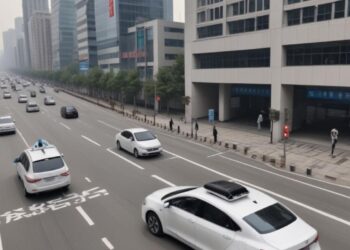Key Pointers
XPENG upgrades XOS 5.1.0, AI Tianji, the industry’s first AI-powered in-car OS, for all eligible users on May 20.
XOS 5.1.0 integrates end-to-end large model technology, enhancing the smart driving experience for XPENG car owners.
Intelligent and personalized in-car AI assistant services through AI assistant Xiao P, AI Chauffeur, and AI Bodyguard.
XPENG AI Valet Driver offers customizable, end-to-end smart driving experiences across China.
XPENG Motors (“XPENG” or the “Company,” NYSE: XPEV and HKEX: 9868), a leading Chinese smart electric vehicle (“Smart EV”) company, has launched an industry-first AI-powered in-car operating system (OS) XOS 5.1.0, also known as AI Tianji across its entire model lineup. The move aims to revolutionize how drivers interact with their vehicles, ushering in a new era of seamless integration between artificial intelligence and automotive technology.
A Leap Forward in Self-Driving
The XOS 5.1.0 system is a significant upgrade that leverages end-to-end large model technology to enhance the smart driving capabilities of XPENG vehicles. This new OS aims to provide a more intuitive and personalized driving experience through its AI assistant services, which include Xiao P, AI Chauffeur, and AI Bodyguard. These features assist drivers in their journey, from navigation to safety and convenience.
Key Features of XOS 5.1.0
- AI Assistant Xiao P: This in-car assistant offers personalized services, helping drivers with tasks such as route planning, traffic updates, and even entertainment options. Xiao P is designed to understand and respond to natural language commands, making interactions seamless and user-friendly.
- AI Chauffeur: This feature enhances the autonomous driving capabilities of XPENG vehicles. It provides advanced driver assistance, including lane-keeping, adaptive cruise control, and automated parking. The AI Chauffeur aims to make driving safer and more comfortable, especially in urban environments.
- AI Bodyguard: The AI Bodyguard feature includes advanced safety systems such as collision avoidance, emergency braking, and real-time monitoring of the vehicle’s surroundings to ensure a secure driving experience.
- AI Valet Driver: This innovative feature offers customizable, end-to-end smart driving experiences across China. It allows users to pause and resume parking at any time, making parking more efficient and easier.
Advanced AI Technologies: XNet, XPlanner, and XBrain
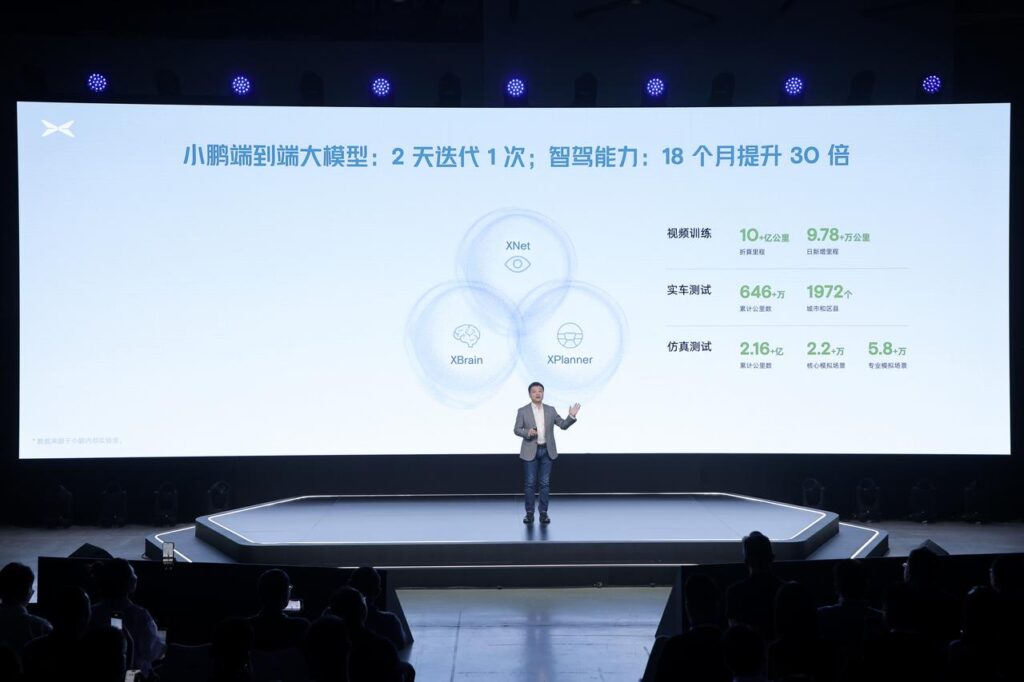
- XNet: This neural network-based model is designed for smart driving, providing a more human-like driving experience by continually learning from vast amounts of data.
- XPlanner: Acting like a human cerebellum, XPlanner improves driving strategies, reducing driving jerks by 50%, improper stops by 40%, and passive human takeovers by 60%. This results in a smoother and safer driving experience.
- XBrain: This large language model architecture endows XPENG’s autonomous driving system with human-like learning and comprehension capabilities, improving its handling of complex and unknown scenarios.
Investment in Future Technologies
Xpeng has announced plans to invest 3.5 billion renminbi (US $507 million) in research and development (R&D) and recruit 4,000 professionals in 2024. Additionally, XPENG will invest 720 million renminbi (US $104 million) annually in computing power training to accelerate the evolution and iteration of AI smart cars.
The Broader Impact on the EV Market
XPENG’s introduction of XOS 5.1.0 is a testament to the rapid evolution of the automotive industry, particularly in the realm of smart vehicles. The integration of AI technologies into EVs is not just about enhancing convenience; it represents a shift towards more human-like decision-making processes in driving. This transformation is expected to lead to safer, more efficient, and more enjoyable driving experiences.
During the XPENG AI DAY event on May 20th, 2024 , Chairman and CEO He Xiaopeng highlighted the company’s vision of leading the global market in AI smart driving. He also announced the upcoming debut of the first model in the MONA series, set to launch in June 2024.



